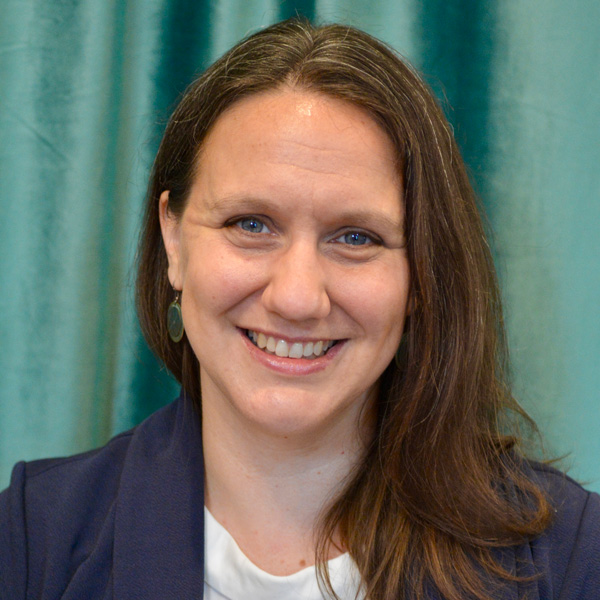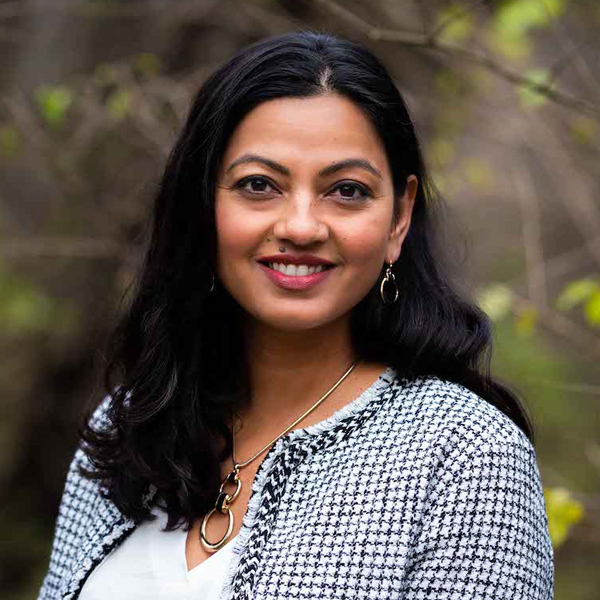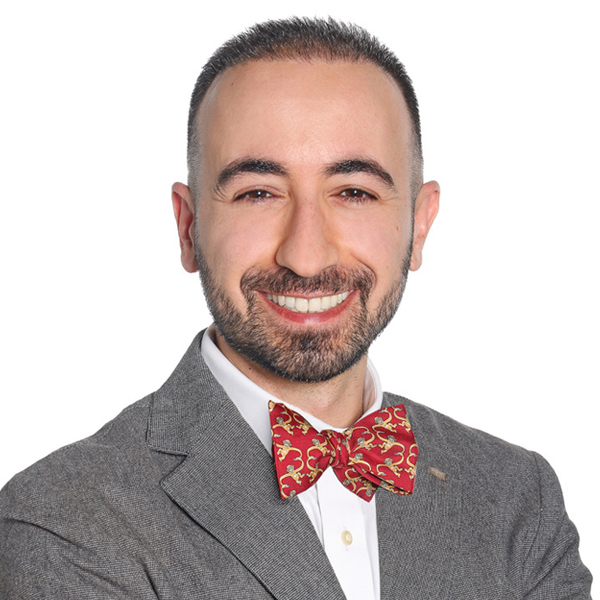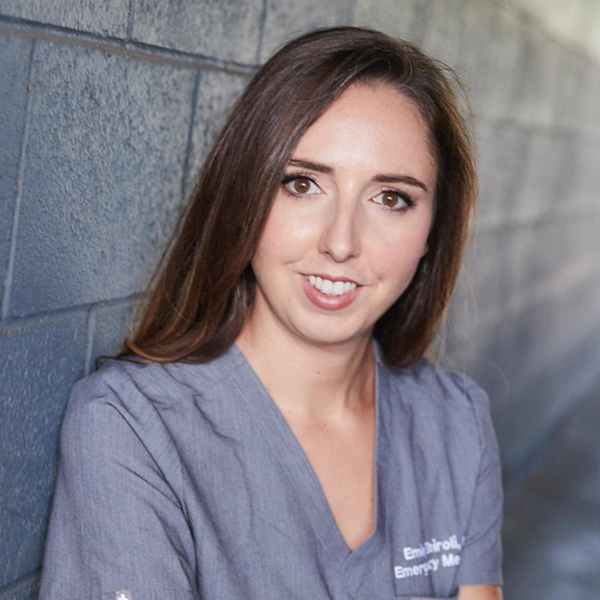Climate and Health Science Policy Fellowship at Health Care Without Harm
The University of Colorado School of Medicine established the nation’s first graduate medical education physician fellowship in climate medicine, the Climate and Health Science Policy Fellowship, to empower and train physicians to be credible, influential and knowledgeable climate and health thought leaders. This fellowship recognizes the critical role of physicians as powerful climate and health educators, communicators, researchers and policy advocates as concern about the climate crisis, its health impacts, and the climate footprint of the health care sector are increasing.
During the fellowship year, each fellow works with both a federal agency and one of several nonprofit organizations, including Health Care Without Harm. Each year, one to two fellows will be placed with Health Care Without Harm and work with the staff from the organization’s various programs, depending on their interests and fellowship goals.
Meet the 2023 Climate and Health Science Policy Fellow
Dr. Anne Getzin is a family physician at Advocate Health who has dedicated her career to health equity and advocacy through leadership, education and clinical roles in community and academic medicine. She recently led an accredited, interdisciplinary educational series for clinicians at Advocate Health-Midwest, focused on the inequitable health impacts of climate change. Along with colleagues from Healthy Climate Wisconsin, she partnered with Groundwork Milwaukee and The New School’s Urban Systems Lab to develop an assessment tool leveraging data to explore the interface between flood risk, social vulnerability and health vulnerability in Milwaukee.
Her interests include the intersection between environmental justice and health equity, empowering health professionals to take climate action, the health co-benefits of climate change mitigation strategies, such as plant-forward diets and active transport, and the health sector’s role in leading climate solutions.
During her fellowship, Dr. Getzin hopes to learn about Health Care Without Harm's food waste solutions and Plant-Forward Future resources, and develop skills measuring health organization greenhouse gas emissions. In addition, she is looking forward to participating in CleanMed, building networking skills and learning from climate-smart clinicians and other leaders.

“Clinicians have a powerful voice to address the inequitable impacts of climate change on health in our communities. With the proper knowledge and tools, they can accelerate their health care systems’ efforts toward environmental justice and sustainability. Health Care Without Harm has led in this arena for more than 25 years, and I look forward to the opportunities this placement provides for mentorship and to deepen my own knowledge and efforts in clinician networking and advocating for a more just, equitable and sustainable health care system.”
— Dr. Anne Getzin
Recent Climate and Health Science Policy Fellows
2022
Dr. Sheetal Khedkar Rao is a board-certified internist and the co-founder and Chief Health Officer of the Illinois nonprofit Nordson Green Earth Foundation. She works to improve tree equity in Chicagoland using the Miyawaki method of tiny forest planting. She recently completed the Climate Health Organizing Fellowship through the Center for Health Equity Education and Advocacy.
Her interests include community engagement and organization to build tree equity in historically marginalized urban communities, use of nature-based interventions to fight climate change and build community, climate justice, environmental advocacy as an antidote to moral injury in health care, and building health care and community resilience to extreme heat.
During her placement with Health Care Without Harm, she will serve as an adviser to one of the Sadler Fellows and hopes to strengthen her writing and communication skills and engage in projects related to climate justice and resilience.

“I look forward to collaborating with like-minded individuals to make communities healthier and reduce the climate impact of health care. Environmental advocacy allows me to affect upstream action on the often-ignored social determinants of health. This year, I hope to learn effective communication skills around the health impacts of climate change by writing, giving talks and facilitating journal clubs. I also look forward to mentoring others and receiving mentorship from leaders at the intersection of climate and health.”
— Dr. Sheetal Khedkar Rao
Dr. Ali Saad is a stroke neurologist with experience in leadership roles within academic medicine, medical education, and advocacy since 2014. He previously served as clinical faculty and vice chair of clinical operations at Brown University and has attended Neurology on the Hill since 2019, where neurologists meet with congress to discuss the care of patients with neurological issues.
His interests include plant-based diets to prevent and reverse atherosclerosis and to improve individual, public and planetary health. During his fellowship year he will be working with the Health Care Without Harm’s healthy food in health care team. He hopes to create a position statement on the connection between brain health and the environment with the American Academy of Neurology, work with the American Heart Association on integrating plant-based eating into stroke-prevention guidelines, and work with the Centers for Medicare and Medicaid on linking reimbursement for services focusing on climate-friendly, disease-prevention performance measures.

“We have so many health-climate experts, enthusiasts, and resources at Health Care Without Harm and its sister institutions. We must empower our champions to connect with legislators and medical societies. We are at a crossroads in history and have a duty to to bring the health-climate connection to the forefront of the international stage. We owe it to our patients, our children, and ourselves.”
— Dr. Ali Saad
2021
Health Care Without Harm was thrilled to welcome our first climate and health fellow in July 2021, Dr. Emily Sbiroli, an emergency physician who was an inaugural recipient of the 2019 Emerging Physician Leader Award offered by Health Care Without Harm. During her fellowship year she wanted to deepen her knowledge about health care decarbonization and develop skills to be an effective climate-health educator.
Over the course of her year working with Health Care Without Harm, Sbiroli supported many Physician Network activities including planning grand rounds and journal club sessions along with CleanMed physician networking events, and gave numerous presentations to medical students and health professionals about the intersection between climate, health and health care. In addition, she led a successful, 4-part discussion series for residents and fellows, co-led a journal club session, and facilitated and moderated a main stage CleanMed session. Finally, for her fellowship project she utilized Practice Greenhealth Sustainability Benchmark Report Data and analyzed greenhouse gas emissions reductions from telemedicine and presented her findings at CleanMed Kansas City.
After her fellowship, Sbiroli plans to continue working as an emerging physician with a goal to one day be a hospital sustainability manager or medical director of sustainability and to serve her community in a sustainability leadership role.

“Working with Health Care Without Harm this year as a climate and health fellow has been an absolute honor and privilege. I had the opportunity to work with so many pioneers and visionaries in this space, and I am deeply grateful for the mentorship I received. I am more energized and confident in tackling these issues as a physician thanks to my experience working with Health Care Without Harm.
Now at the end of my fellowship, I see there are so many more open doors and so many new chapters we can write. My immediate goal is to continue working on bringing the lessons I have learned to the bedside in my personal practice with my patients, and to my colleagues at my places of work. It's only upwards from here.”
— Dr. Emily Sbiroli
